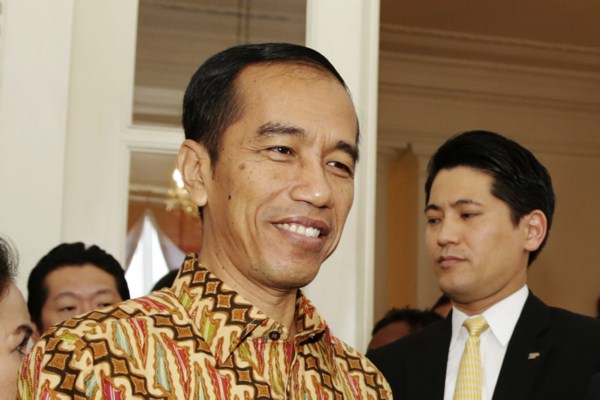A pillar of Indonesian President-elect Joko Widodo’s campaign was an emphasis on strengthening the country’s identity as a “maritime nation” and becoming what he called a “global maritime nexus.” By giving his acceptance speech the night the official election results were announced onboard a traditional schooner in Jakarta’s main port, Jokowi, as he is universally known, demonstrated the importance he attaches to this vision, which was also prominent in his campaign’s 41-page “Vision Mission” statement. In comments since the election in July, Jokowi has called for the establishment of a maritime ministry and even waded into international waters by saying his government would be willing to mediate maritime territorial disputes in the region.
As an archipelago of over 17,000 islands, stretching over 3,000 miles east to west through some of the world’s most strategic waterways, Indonesia as a “maritime nation” is nothing but logical. But Jokowi has much to do to achieve his vision: Indonesia’s major ports are extremely inefficient; its navy is small, under-equipped and underperforming; and public ferries are remarkably unsafe.
While many international observers—certainly those in Washington—will instinctively focus on the possibility of Indonesia enhancing its naval power and rallying its neighbors to confront China in the South China Sea, defense and security matters will be secondary items for the Jokowi administration. The real thrust of Jokowi’s plan to turn Indonesia into a “global maritime nexus” is economic.

